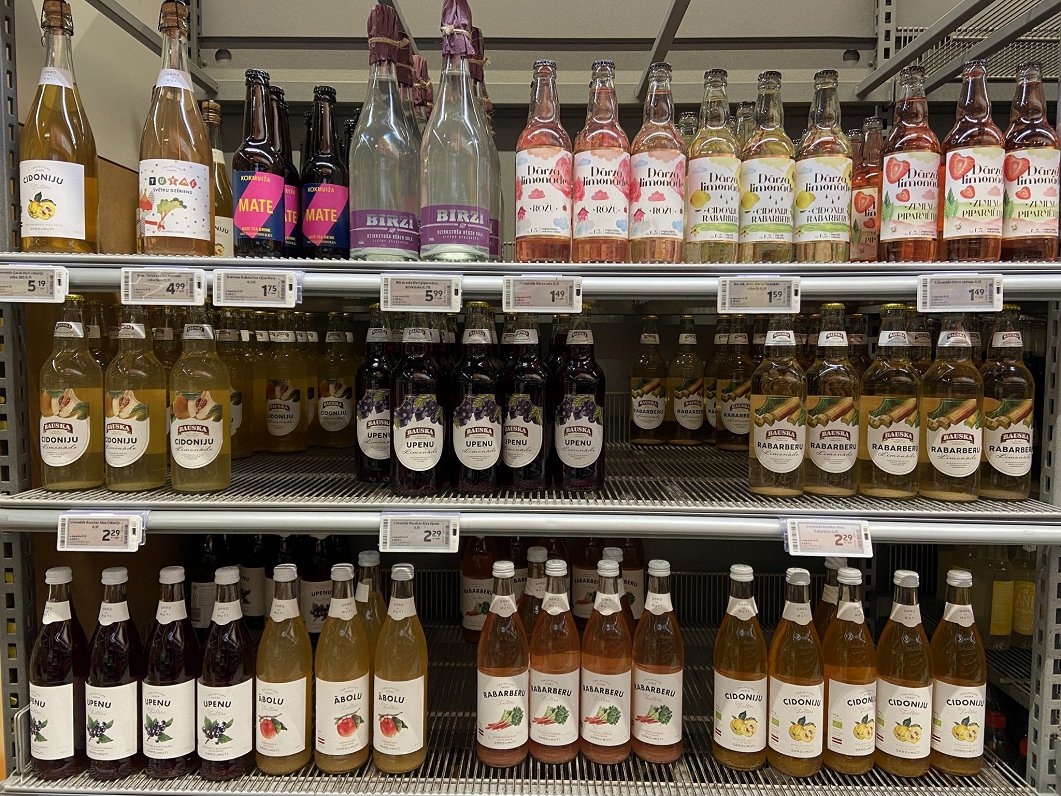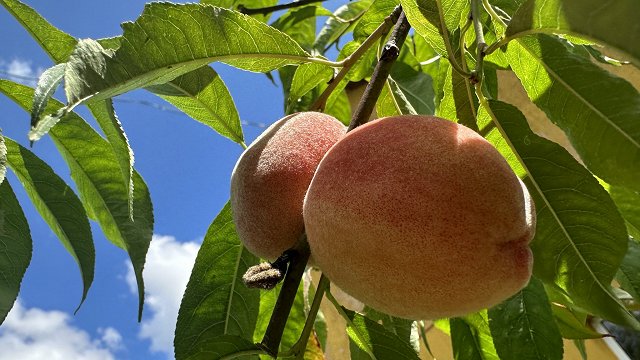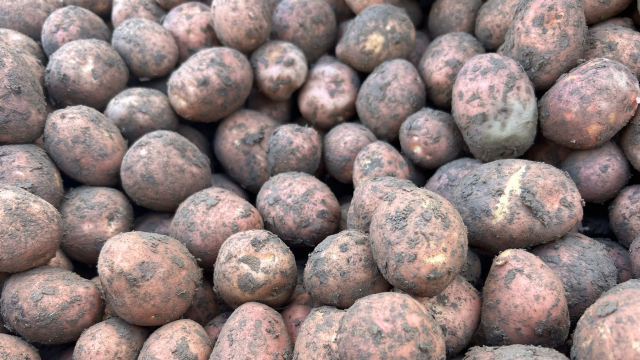Along with impacting drinkers' physical and mental health, the habit burdens the national economy – a recent study found that, collectively, in 2021, this drinking cost us 1.3-1.8% of the GDP, taking into account expenses such as health and social care, and consequences such as unemployment. In comparison, the revenue from excise duties on alcoholic drinks added up to just 0.7% of the GDP.
To better understand these figures, in 2022, for example, the state forked out 292,815 euros to cover councils' costs for delivering sobering-up services to drunk people in 2021.
At the same time, non-alcoholic beverages, such as de-alcoholised wine, kombucha, and sparkling juice are becoming more prevalent on shop shelves, in bar and restaurant menus. Are our habits changing?
LSM set out to find out whether the “mindful drinking” trend is taking root in Latvia as it is elsewhere around the globe, with people paying closer attention to what liquids they imbibe and why.
'Gastronomically interesting' alternatives to beer and wine
The names of several alcoholic drinks producers pop up among the brands now offering non-intoxicating refreshments. One of them is Abavas winery and cider house, which has recently expanded its range with kombucha, sparkling juice, and winter warmers.
Wine and cider maker Niklass Barkāns is the man behind the idea and tells LSM what led to this development: “People seek something interesting, like beer or wine, that you can drink to savor the flavor. If you can find the right kind of non-alcoholic flavor combinations to substitute that, you've hit the jackpot. That's what we're trying to achieve with our range.”
The company saw potential and that the market might be bigger than that for its cider and wine because it can include groups like teenagers, young mothers, and others abstaining from alcohol. “As an adult, you don't want colas, sodas or tea – which are fine – but you want something more gastronomically interesting,” he adds.
“My colleagues and I spend a lot of time trying to come up with new ideas for drinks. The range of creative things you can do with non-alcoholic drinks is infinite. For us, the limiting factor is that we look for what you can get in Latvia,” Barkāns continues.
Experimenting is important to the company as there is no research specific enough to say exactly what local consumers will respond to. Barkāns mentions that, compared to bigger markets, the Latvian market is quite favorable for trialing new drinks.
He has observed some local peculiarities and compared experiences with several cider makers in Estonia and grape growers in Lithuania. “The feeling is that quince is better understood in Latvia. It seems to bring up good memories in people,” Barkāns finds.
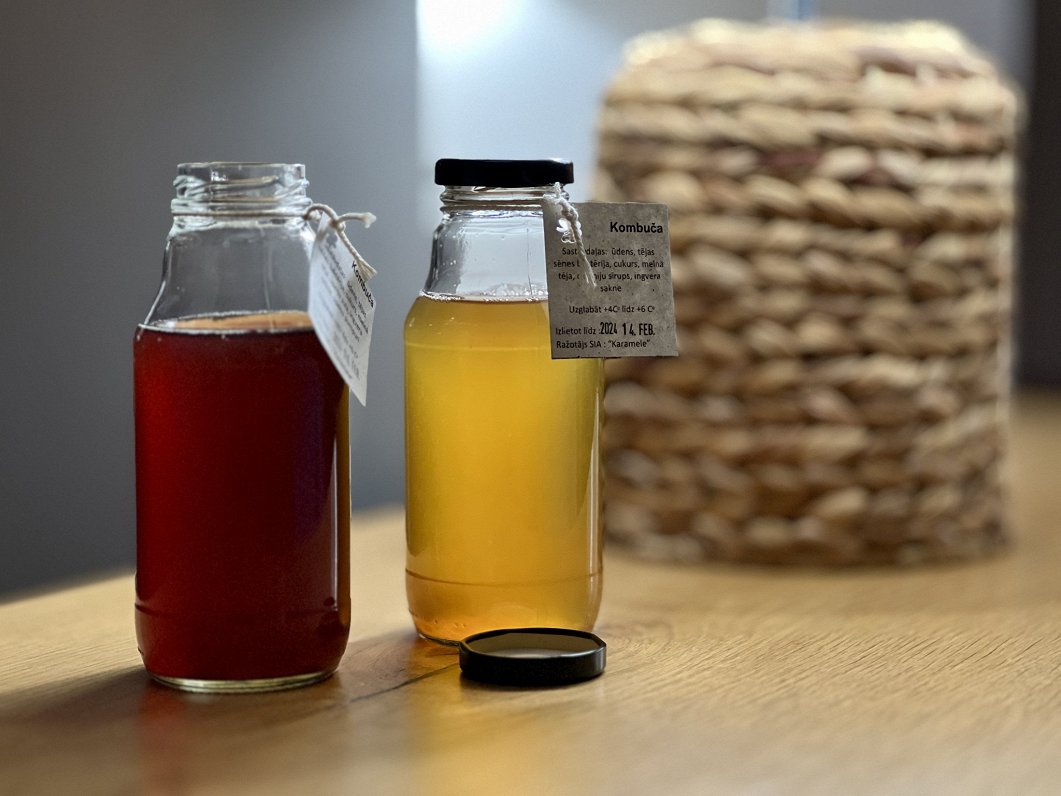
According to him, while rhubarb too is popular in Latvia, the phenomenon seems to be even bigger and more interesting in Estonia. In general, Latvians veer towards the sweet end of the flavor spectrum. “In that segment, we have several blackcurrant drinks, which people also have positive associations with.”
Abavas plans to continue exploring new flavor horizons, as well as focusing efforts into developing its exporting capacity. “We'll see how the soft drinks go down in Latvia and whether we feel that we can compete with other countries,” he says.
Pairing local and global ingredients leads to success
In the town of Cēsis is Trimpus, a brewery, bar, and home of the Funky Moves line of drinks, which includes wormwood tonic water, caraway ginger ale, and spruce needle cola. Owner Jānis Ķesa shares that the range is the result of what can now be considered a happy accident.
“We hadn't accounted for how thirsty the people of Cēsis would be and how much it's possible to consume in how little time. A few weeks into opening we ended up with a dry bar situation and started wondering about our options – should we shut the bar or bring drinks in from elsewhere? We decided to morph into a cocktail bar while the next batch of beer was still brewing. But we weren't just going to mix rum and cokes,” Ķesa explains.
So, the first two soft drinks were born to be used in the cocktails. This sudden pivot was made less challenging by the team's experience in the cosmetics industry, which meant that they were used to working with extraction and yeasts.
“It was just a decision, not much of a business plan or far-reaching idea, but it turned out that people really like them, so the cocktails stayed on our menu, and the soft drinks are popular among those who don't drink alcohol,” Ķesa elaborates.
While the fundamental ingredient in each soft drink is locally sourced, the team mixes it with other flavors. Caraway and ginger are a good match, for example. Ķesa calls the approach “fusion with a solid Latvian base”.
He refrains from naming specific flavors to characterize the “Latvian taste”. “I wouldn't put everyone in the same boat,” he says. According to him, the key is for consumers to be able to identify and find a connection with the flavors. “If we were to offer the same flavors to someone who had never tried caraway, they wouldn't feel the joy, whereas Latvians usually have a reference to grandmother's tea or some kind of an adventure.”
Spruce needle cola is the company's most popular non-alcoholic drink. “It brings up stories of the forest,” says Ķesa.
He is open about the drinks' sugar content, advising moderation. “Soft drinks aren't entirely innocent. They're not something you should be consuming every day,” he explains.
His hope is that people grow to understand that money is worth spending on quality, flavorful items. “Of course, I understand not everyone can afford that,” Ķesa adds, but he has observed that the number of more mid-sized producers in Latvia is on the rise. “That's a good indicator that people's attitudes towards quality and health are changing for the better,” he remarks, however, does acknowledge that his company's market segment isn't people who use alcohol to get drunk or because it's cheap.
Additionally, Ķesa has noted little interest in alcohol from teenagers. “In over five years of running the bar, we've only rarely had the chance to ask people for their IDs, and when we do, they're all 18,” he says.
Cocktails can be non-alcoholic, too
Iļja Obuhovskis owns 'nosaints', a cocktail bar in Riga. For now, the bar staff make gimlets or sours with non-alcoholic gin on request, but the soon-to-be launched new menu will include four booze-free options by default.
“Almost no one drinks strong spirits straight anymore at our bar. We don't get the kind of people who come for shots. In fact, we don't even have the glasses for it,” Obuhovskis shares, aware that other bars cater to different groups of people. “Our place is for people who enjoy the atmosphere and being around people. We've only had two cases when we've had to ask someone to leave, and I hear less and less stories like that,” he adds.
Obuhovskis believes that people are getting better educated through information available online and traveling, and that this is affecting much more than our drinking habits.
“People no longer just see drinking as a way of getting drunk and reaching a certain psychological state, but as a way to spend time,” he has observed, suggesting that people are finding other ways to address their problems, like therapy, rather than just going to the bar to forget themselves.
Every year, Obuhovskis and his colleagues attend international bar shows to learn about the latest industry developments and trends. Non-alcoholic and low-alcohol drinks have been high on the agenda for several years now, he shares. These insights help guide their experiments. They use techniques like sous vide, for example, and ingredients like local birch sap and quince.
Several bars in Riga are experimenting, embracing ideas from around the world and introducing more complex beverages. “People try them, like them and remember about them next time, substituting the pure spirits like tequila shots they might have chosen in the past,” he says.
“Less experienced people choose sweeter drinks, while the more experienced opt for stronger and more bitter drinks. For us, that means having to prepare a menu to cater to all preferences,” Obuhovskis sheds light on the reality of running a bar in Riga.
Stories help sell local flavors in foreign markets
Līvija Labanovska is the co-owner of Birzī, makers and purveyors of sparkling birch sap, in which the added sugar is largely “eaten up” during fermentation. They've been in business for 10 years, also welcoming visitors to their production facility. “As a family, we don't really like and buy soft drinks, but rather make our own, using natural concentrates from things like quince and sea buckthorn, and we thought it would make sense to start offering them to others too,” Līvija explains. The drink recipes are inspired by the way her husband's parents stored the sap for winter.
Līvija appreciates that people are turning to non-alcoholic drinks, however, young people are yet to find Birzī. “Perhaps we're too expensive or aren't on the right channels like TikTok,” she guesses, also acknowledging the difficulty of breaking into the market with a product that isn't milk or bread, but rather something to enjoy on special occasions.
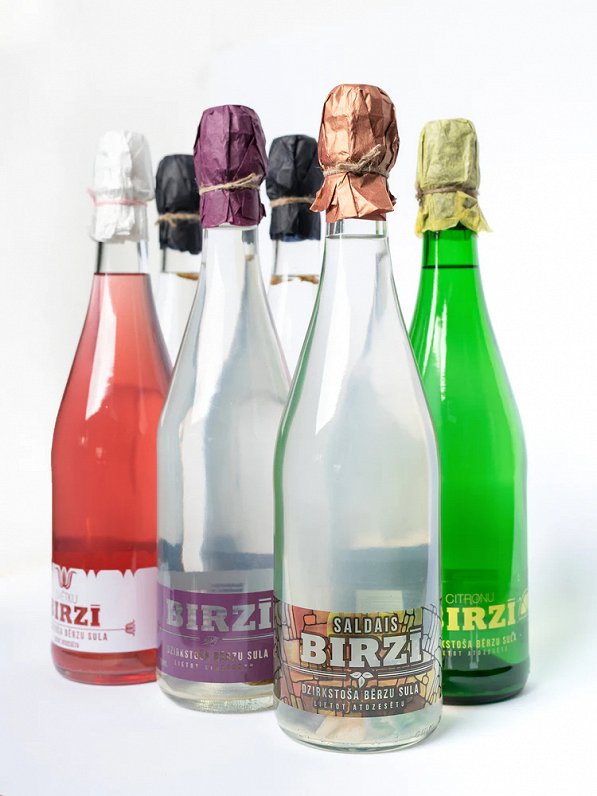
She rates the shift away from alcohol as a positive development, but sees other addictions taking their place. “People have always needed to identify with their peers, and there have always been trends. It's just that alcohol is no longer that trend. Instead, it's being on your phone or other unhealthy alternatives,” Līvija believes.
Birzī exports its produce too. While Latvians associate birch sap with childhood memories, other nationalities don't share this reference, so Līvija believes in the potential to export but admits it's very challenging, requires determination and skillful storytelling. They have a sales representative in China, who is of Latvian origin but has learned the local language, knows the market and is introducing the drinks to spa, wellbeing and yoga centers. “They're marketing it in a similar vein to kombucha and coconut water,” she shares.
In Switzerland, Birzī is working with a local who has trained in the art of the Latvian pirts (bathhouse tradition) and offers the beverage as part of the ritual.
The company sees huge potential in Latvia's birches, not just in the form of timber. “Sap is one of the ways we can take something from nature without destroying it,” Līvija finishes.
Moderation is key
Iveta Pudule is a senior public health analyst at the Centre for Disease Prevention and Control (SPKC), which researches consumption patterns in the Latvian population. While alcohol use is a major concern, Pudule is pleased that Latvia is not among the leading consumers of soft drinks.
“We've done a lot to reduce consumption,” she says, referring to the “sugar tax” imposed on non-alcoholic drinks, restricted sales and advertising in Latvia.
While Pudule doesn't want to compare drinking alcohol with drinking soft drinks, she says: “If you compare regular beer with non-alcoholic beer, then, of course, non-alcoholic beer is better because it doesn't contain the alcohol and doesn't damage your health as much.” Additionally, “with these new analogues – cocktails that look and taste like the real deal – people can drive. In that sense, they don't endanger themselves and society at large.”
When it comes to drinking soft drinks, she advises moderation, which is in keeping with the ideas behind mindful drinking: “they're fine to have from time to time as a Sunday or celebratory drink, but if you're having them every day or, if a child is getting most of their fluid intake through sweetened drinks, not water, that's a lot of sugar.” Still “while drinking soft drinks can lead to oral health problems, cavities, excessive calorie intake, diabetes, and other diseases, that can never compare to the damage caused by alcohol,” Pudule adds.
She is a realist, stating that “it's not that you must always drink water. If you're out with a group and planning to continue the night, drive, or go home to spend time with your kids, of course, it's better to drink something, anything non-alcoholic. We'd be delighted if this was water or herbal tea – that would be particularly healthy!”
The SPKC has produced healthy eating recommendations for adults. Inspired by these, you may wish to explore new frontiers in the world of non-alcoholic drinks, such as sauerkraut juice, kefir, and fermented birch sap – all available at shops in Latvia!
